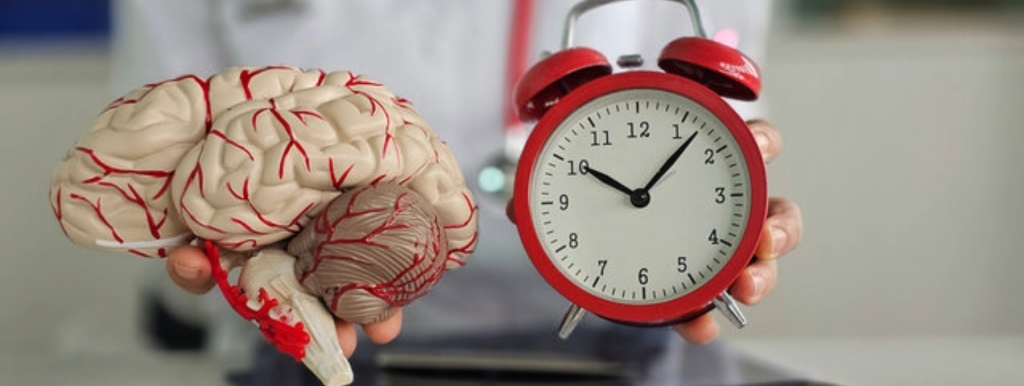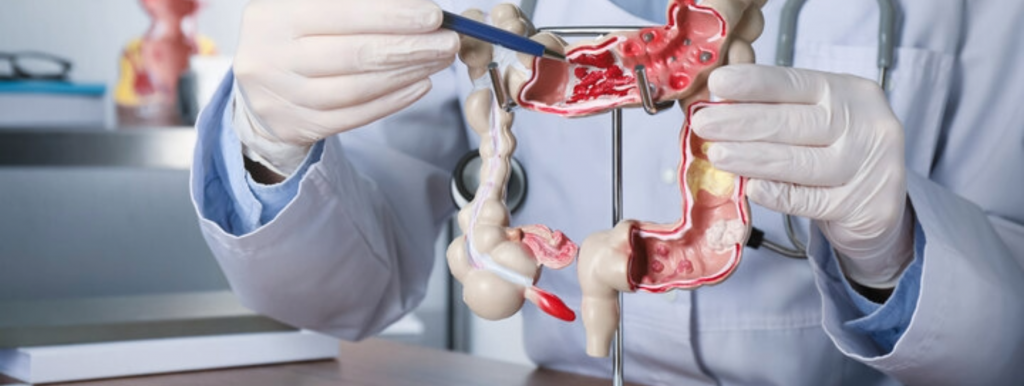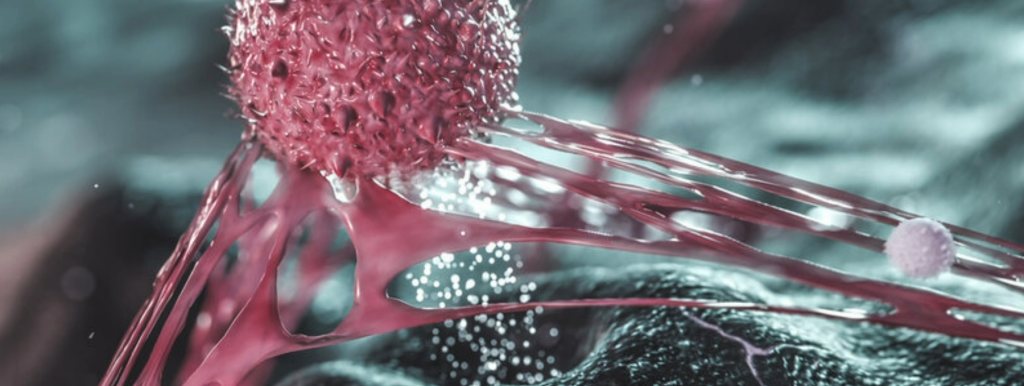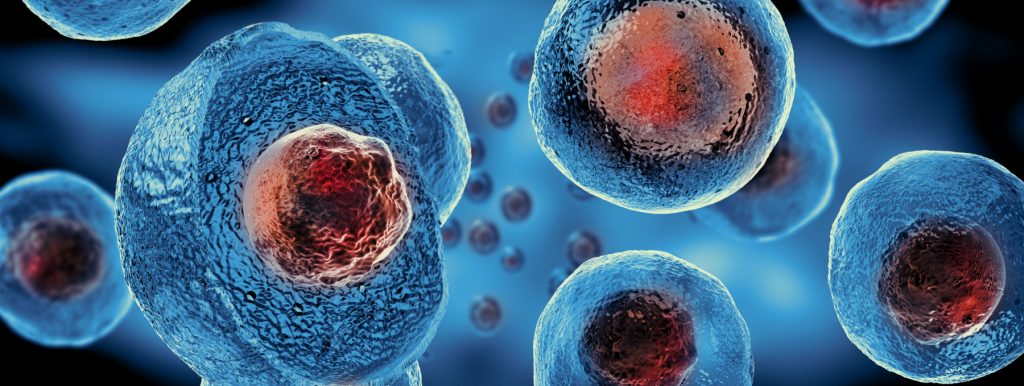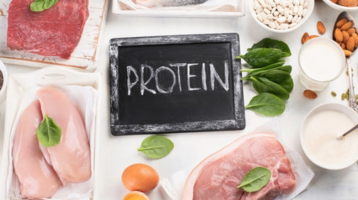A new study examined data from more than 1,000 workers over a 10-year period. Sedentary workers show a 37% increase in insomnia-like symptoms. Employees who do not work traditional schedules are 66% more likely to have to “catch up on sleep”. People who sit a lot as part of their jobs – an estimated 80% […]
Brain Tumors Use the Circadian Clock to Grow
Virtually every cell in the human body has an internal clock. These clocks are controlled by a central clock in the brain. In a normal, biological process called synchrony, the central clock coordinates the daily rhythms in the body so that each cell and tissue recognizes the same external time of day. Knowing the local […]
Can Circadian Disorders Accelerate the Progression of Colorectal Cancer?
A study by the University of California, Irvine, has shown how disruption of the circadian clock, the body’s own 24-hour biological pacemaker, can accelerate the progression of colorectal cancer by impairing the intestinal microbiome and intestinal barrier function. This discovery offers new opportunities for prevention and treatment strategies. The study, published in the journal Science […]
When is the Best Time of Day for Cancer Treatment?
How effective medication is depends on various factors, including the time of day at which it is administered. And why? Because our body does not always function in exactly the same way. Instead, it follows the cycle of its internal clock, the so-called circadian rhythm. However, as this rhythm is different for every person and […]
Biological Network in Cells and the Development of Diseases
There are more than 200 different cell types in the human body. Each cell is specialized to perform a specific function or form a specialized tissue. When cells don’t function properly, different diseases can occur. Scientists have now conducted research that opens up a whole new world inside our cells. Every minute of every day, […]
- 1
- 2
- 3
- …
- 14
- Next Page »

